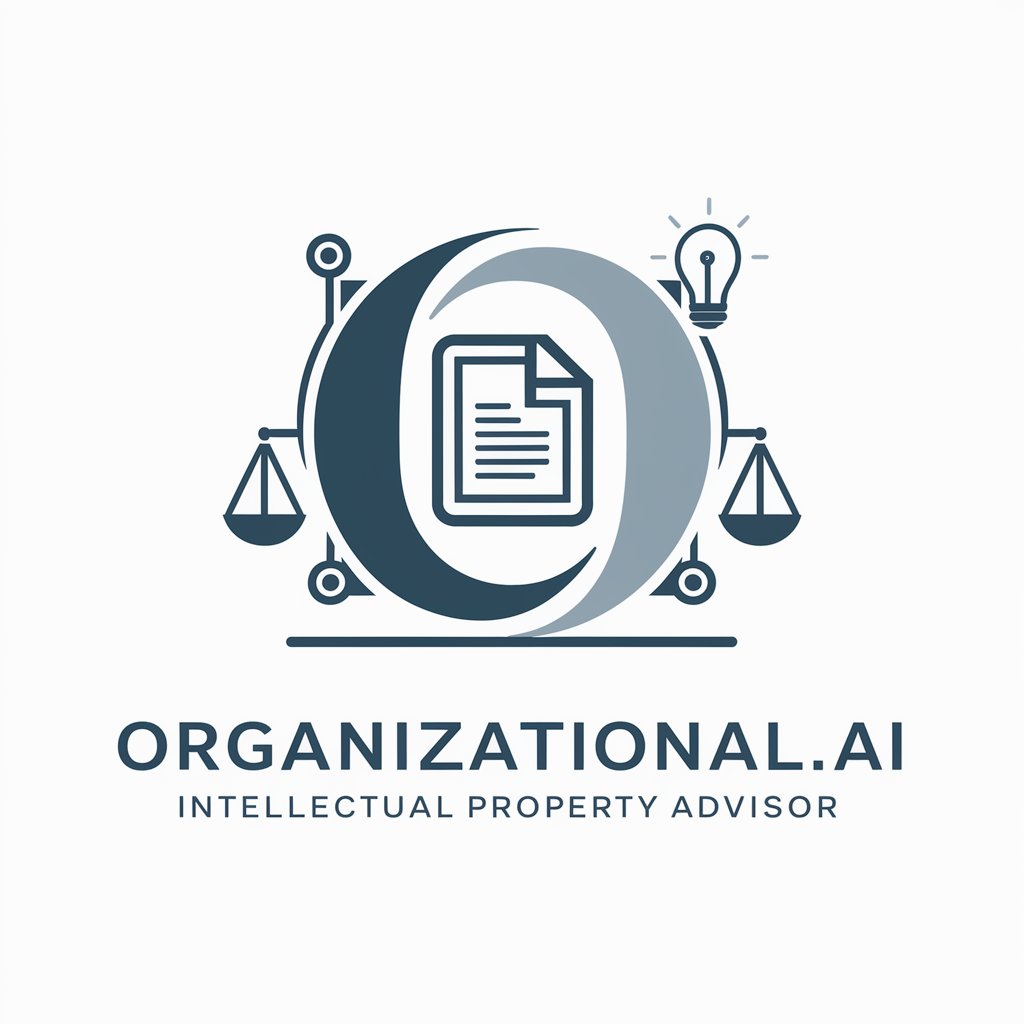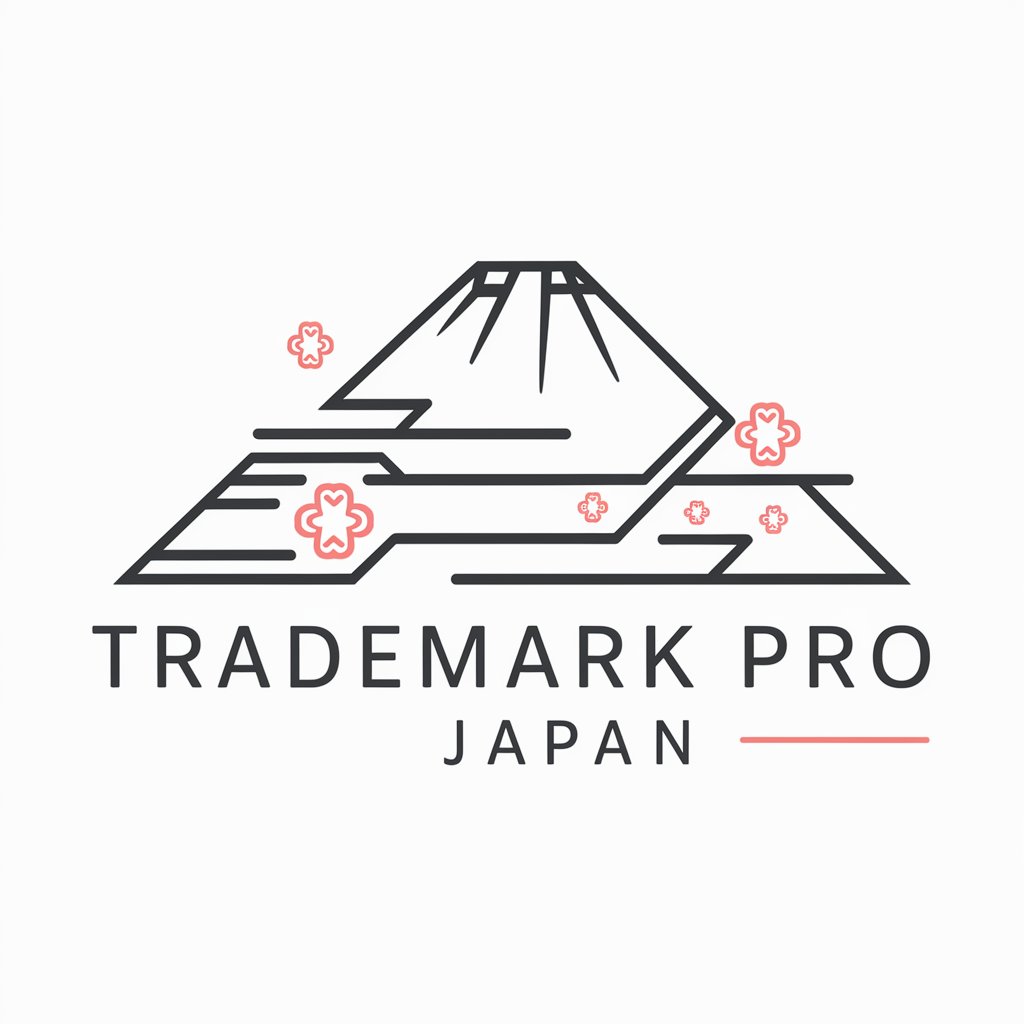7 GPTs for Trademark Search Powered by AI for Free of 2026
AI GPTs for Trademark Search are advanced tools designed to streamline the process of searching and analyzing trademarks using Generative Pre-trained Transformers technology. These tools are tailored to handle the specific needs of trademark research, offering users the ability to sift through vast databases of registered trademarks efficiently. By leveraging the power of GPTs, these tools provide precise, context-aware insights and suggestions, making them invaluable for identifying potential trademark infringements, availability for new trademarks, and understanding complex patterns in trademark registrations. Their role is crucial in ensuring businesses and individuals can navigate the intricate landscape of trademark law with confidence and accuracy.
Top 7 GPTs for Trademark Search are: Intellectual Property Advisor,123 Marcas,🔏 IP Law Navigator™️,Cannabis Brand Scout,Trademark Pro Japan,🔏IP Law Navigator👩⚖️,Konsultan Merek Dagang Indonesia
Intellectual Property Advisor
Empowering IP decisions with AI insight

123 Marcas
AI-powered trademark registration support.

🔏 IP Law Navigator™️
Navigating IP Law with AI Precision

Cannabis Brand Scout
Navigate the cannabis market with AI-powered brand validation.

Trademark Pro Japan
Empowering your trademark journey with AI.

🔏IP Law Navigator👩⚖️
Navigating Intellectual Property, AI-Powered

Konsultan Merek Dagang Indonesia
Streamline Your Trademark Journey with AI

Key Attributes of AI GPTs in Trademark Exploration
AI GPTs for Trademark Search boast a range of unique features designed to enhance the trademark research process. These include advanced natural language processing capabilities for interpreting and generating human-like responses to complex queries, adaptability to both broad and nuanced searches, and the ability to learn from interactions to improve future search outcomes. Specialized functions such as language translation, technical support for legal terminology, web searching for unofficial trademark uses, image recognition for logo searches, and data analysis tools for trend identification set these tools apart. Their scalability allows them to serve simple queries and perform detailed market and legal research, making them a versatile asset in trademark searches.
Who Benefits from Trademark Search AI Tools
AI GPTs tools for Trademark Search are designed to cater to a wide audience, including legal professionals, trademark agents, business owners, and designers. They are particularly beneficial for those without coding skills, offering intuitive interfaces and user-friendly guidance. At the same time, developers and tech-savvy users can take advantage of advanced customization options and API integrations to tailor the tools to specific needs, making them a versatile choice for both novices and professionals in the field of trademarks.
Try Our other AI GPTs tools for Free
Licensing Advice
Discover how AI GPTs for Licensing Advice can transform your approach to licensing issues with tailored, up-to-date advice and solutions.
AI Briefings
Discover how AI GPTs for AI Briefings transform complex AI data into digestible insights, offering tailored summaries, visual content, and real-time updates for professionals and enthusiasts alike.
Automation Solutions
Explore how AI GPTs for Automation Solutions can transform your tasks and processes with advanced AI, offering adaptable, efficient, and tailored automation capabilities.
Compensation Planning
Explore AI GPTs for Compensation Planning: automated tools for optimizing salary benchmarking, bonus allocations, and equity planning with advanced data analysis and insights.
Benefits Optimization
Explore AI-driven tools for optimizing employee benefits. Tailored solutions using advanced analytics ensure personalized, efficient, and compliant benefits management.
Performance Incentives
Explore AI GPTs for Performance Incentives: Tailored AI solutions designed to optimize and personalize incentive programs, enhancing motivation and performance with cutting-edge technology.
Expanding Horizons with AI GPTs in Trademark Searches
AI GPTs represent a paradigm shift in how trademark searches are conducted, offering customized solutions across different sectors. Their user-friendly interfaces facilitate ease of use, while their adaptability ensures they can be integrated seamlessly with existing legal research and business workflows. This marks a significant advancement in making comprehensive trademark search tools more accessible and efficient for a broader audience.
Frequently Asked Questions
What exactly are AI GPTs for Trademark Search?
AI GPTs for Trademark Search are specialized tools that utilize Generative Pre-trained Transformer technology to assist in searching and analyzing trademarks, offering nuanced insights and suggestions relevant to trademark law and registration patterns.
How do AI GPTs improve the trademark search process?
They streamline the search process by providing fast, accurate, and contextually aware responses to queries, capable of handling complex legal terminology and identifying potential trademark infringements or registration opportunities.
Can these tools identify unofficial uses of a trademark?
Yes, with web searching capabilities, AI GPTs can scour the internet for unofficial or unauthorized uses of trademarks, providing a comprehensive view of a trademark's presence.
Do I need programming knowledge to use these tools?
No, these tools are designed to be accessible without coding skills, featuring user-friendly interfaces that guide users through the search process.
Are there customization options for professional users?
Yes, professionals and developers can customize the tools and integrate them with existing systems or workflows through advanced options and APIs.
Can AI GPTs for Trademark Search handle multiple languages?
Absolutely, these tools are equipped with language translation features, enabling searches and analysis across different languages.
How do these tools learn and improve over time?
AI GPTs for Trademark Search learn from each interaction, using feedback and data to refine their search algorithms and improve future performance and accuracy.
Can these tools analyze trademark trends?
Yes, through data analysis capabilities, they can identify and analyze trends in trademark registrations, helping users to spot opportunities and anticipate market movements.